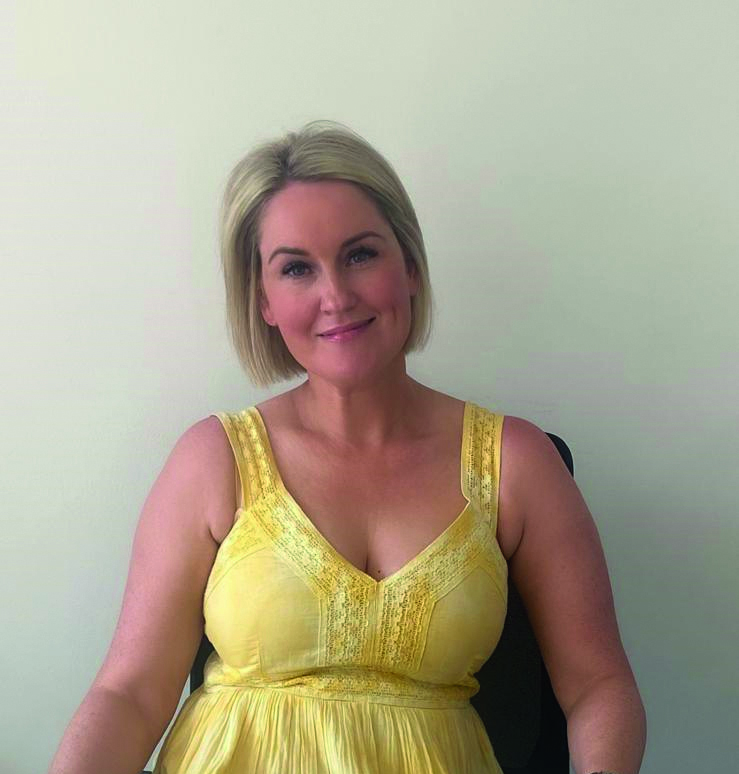
Pam Brown, the managing partner of Pam Brown Mortgages, recalls walking into a Santander event for the top UK mortgage brokers 20 years ago, where the organiser shook her husband’s hand and said: “Thank you for your business.”
Since then the mortgage industry has made a lot of progress towards achieving diversity, according to Brown, although at an industry Christmas event last year she was the only female broker in attendance.
Both Brown’s children also work in financial services. Her son recently confessed to her at a network event that he always felt self-conscious as the only black man present. There is still much work to be done.
“It has got better,” says Brown. “But there is still a long way to go before we can say we are a truly diverse industry.
“The image of a middle-aged white man as the financial adviser is slowly fading away. I am blonde and I am wearing jeans to work today, but that does not mean I am not a good financial adviser,” she says.
“It just means I am comfortable in my own skin and I know I am good at my job.”
Although it is true that, over the past 20 years, women increasingly have both entered the mortgage industry and stayed there, progressing into senior roles, they have continued to experience gender-based challenges and barriers to development.
A 2021 survey conducted by broker Alexander Hall, which gathered the views of 1,178 people working in the UK mortgage sector, suggests more than half of women, or 54%, believe they are not adequately represented at all levels of the industry. Meanwhile, 52% of ethnic minority respondents shared the same sentiment.
I am blonde and I am wearing jeans to work today, but that does not mean I am not a good financial adviser
The traditional issues remain. Societal norms still place overwhelming pressure on women who want to work; and, by nature, mortgage sector roles and working structures often create barriers to recruiting and retaining women in the industry.
“Many mortgage industry jobs are commission-based roles that do not always offer the financial security found in other sectors,” says Mortgages for Business sales director Jeni Browne.
“In a society that still expects women to pick up the lion’s share of childcare responsibilities and does not provide men with adequate paternity leave, this can be a significant stumbling block.”
The mortgage profession is still a predominantly male space, although Bower chief corporate officer Andrea Rozario says more and more women are entering the profession.
And those who do so tend to outperform, despite the challenges they and a minority of their male co-workers face.
“In my experience, the women who choose financial services as a career are often outstanding, with an attention to detail and a passion that is unparalleled.
“This is not to say there are not many excellent men in this field, but it is always more difficult for women to get ahead when faced with challenges that are unique to them.”
Connect chief executive Liz Syms, who was mistaken for a waitress at a mortgage industry event in the 1990s, was the first female adviser in her branch when she started out.
According to Syms, the market has come a long way, driven in part by awards and events that recognise female talent and high-profile female advisers.
Syms says she was able to find flexibility in her job only after starting her own business.
“The ability to drop off and pick up my children from school, attend their school plays, do their bedtime routine and then settle down for a few more hours to work is the sort of flexibility not many roles can boast of,” she says.
Thora Kehoe, head of product at mortgage fintech Smartr365, says few people will be shocked to learn that the gender pay gap in financial services persists today, although she says the fact that these conversations are taking place shows progress has been made.
Ultimately, if a business isn’t representing the diversity of the clients it serves, it will not be providing the best products for them
According to Kehoe, businesses need to understand the far-reaching benefits of gender diversity.
Despite clear-cut economic advantages and the proven positive impact of employing decision makers of different genders and backgrounds, mortgage firms continue to miss out.
“Ultimately, if a business isn’t representing the diversity of the clients it serves, it will not be providing the best products for them,” she says.



